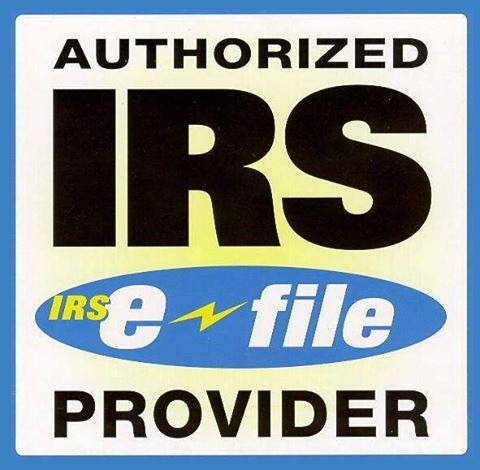Mississippi State Filing Requirements
Nonprofits in Mississippi must comply with specific state requirements to maintain their good standing and tax-exempt status.
Required Non-profit Forms
Non-profits in Mississippi are required to complete several forms as part of their compliance obligations.
| Mississippi Secretary of State Forms | Mississippi Department of Revenue Forms | Federal Forms (Required for State Compliance) |
|---|---|---|
|
State Filing Requirements for Non-Profits
In Mississippi, nonprofits must comply with state regulations through initial registration and annual filings with the Secretary of State and Department of Revenue.
Key steps to establish and maintain a nonprofit:
- Incorporate with the Secretary of State by filing Articles of Incorporation.
- Obtain an EIN from the IRS for tax filings, bank accounts, and hiring.
- Apply for 501(c)(3) status with the IRS for federal tax exemption and donor deductibility
- Request a sales tax exemption through the Mississippi Department of Revenue.
- Register for charitable solicitation (if fundraising from the public).
- File annual reports with the Secretary of State to remain in good standing.

Tax Exemption Requirements
- Apply for Federal 501(c)(3) Status before seeking state exemptions.
- Apply to the Mississippi Department of Revenue for a sales tax exemption permit.
- File Form 990 with the IRS and any reports required by the state.
- No separate income tax exemption application is required if IRS determination is received.
- Non-profits intending to solicit donations in Mississippi must register with the Secretary of State's Charities Division.
Filing Deadlines for Non-Profit Forms
Adhering to filing deadlines is essential to avoid penalties and maintain compliance.
Below are the key deadlines for non-profit filings in Mississippi:
| Mississippi Secretary of State Deadline | |
|---|---|
| Articles of Incorporation | Before establishing the non-profit entity |
| Charitable Registration | Must be filed before any solicitation activities begin in Mississippi. |
| Annual Report | Must be filed by May 15th of each year. |
| Federal Deadlines | |
|---|---|
| Form 990 Series | Due on the 15th day of the 5th month after the organization's accounting period ends Example: For calendar year organizations, Form 990 is due by May 15 |
| Form 1023/1023-EZ | Must be filed within 27 months of incorporation to receive retroactive exemption to the date of incorporation |
Registration & Annual Filing (Non-Profits)
To operate legally as a non-profit in Mississippi, organizations must file the Articles of Corporation with the Secretary of the State and pay the $50 filing fee.
Initial Registration
1. Initial Registration
Submit the Articles of Incorporation and the required filing fee to the Mississippi Secretary of State.
2. Initial Organizational Meeting
After the Articles of Incorporation are filed and the non-profit is legally formed, the next step typically involves holding an initial organizational meeting of the board of directors.
3. Appointing a Registered Agent
Every Mississippi non-profit corporation is required to have a registered agent. This agent serves as the official point of contact for receiving legal and official notices from the state on behalf of the organization.
4. Obtaining an EIN
After incorporating with the state, you will need to obtain an Employer Identification Number (EIN) from the IRS.
5. Charitable Organization Registration
This is required if soliciting or accepting donations. Submit registration form to Secretary of State's Charities Division and pay registration fee ($50 for organizations with annual revenue under $500,000).
Annual Filing Requirements
1. Filing Annual Report
After initial registration, non-profits must file an annual report to renew their charitable registration. This is usually done online and includes updated financial information, board member details, and any organizational changes.
2. Application for Sales Tax Exemption
Certain non-profit organizations may be eligible for an exemption from Mississippi sales tax on their purchases.
3. Filing IRS Form 990
Tax-exempt organizations must file the appropriate IRS Form 990 series return annually with the Internal Revenue Service. The deadline is generally the 15th day of the 5th month after the end of your fiscal year.
4. Keep Corporate Records
Maintain proper corporate records, meeting minutes, and financial records as required by Mississippi nonprofit corporation law.
5. Update corporate information as needed
Report any changes to your nonprofit’s name, address, officers, or other corporate details to the state.












